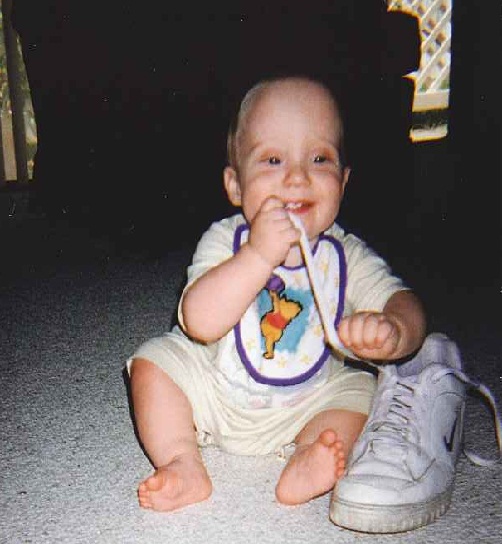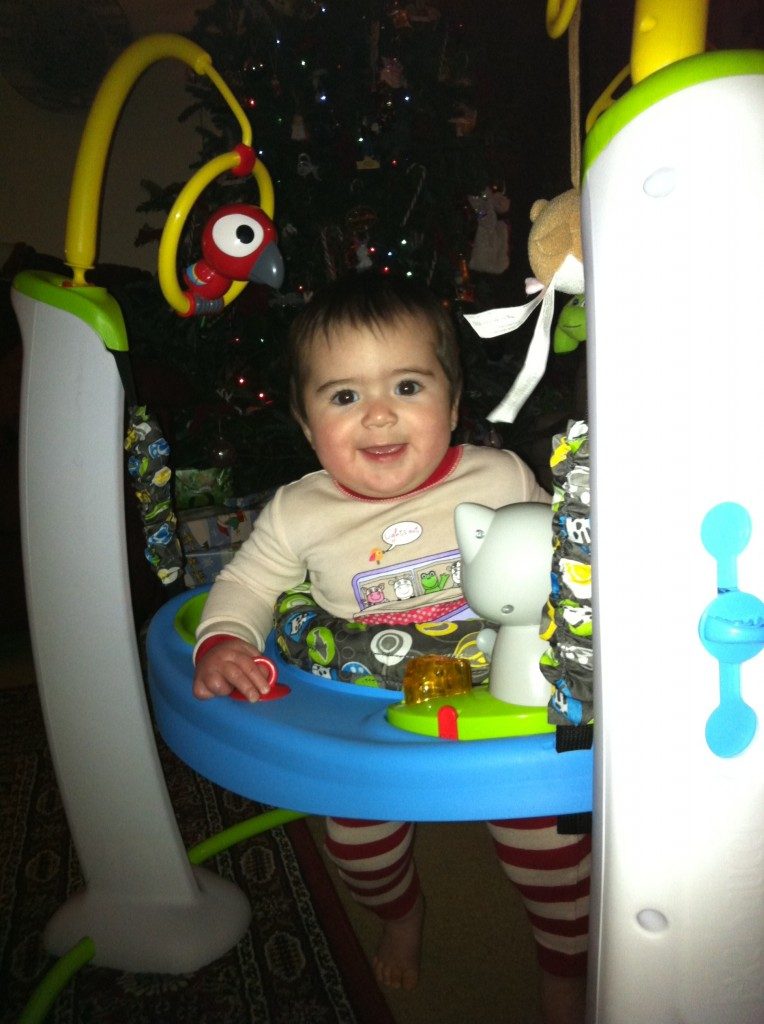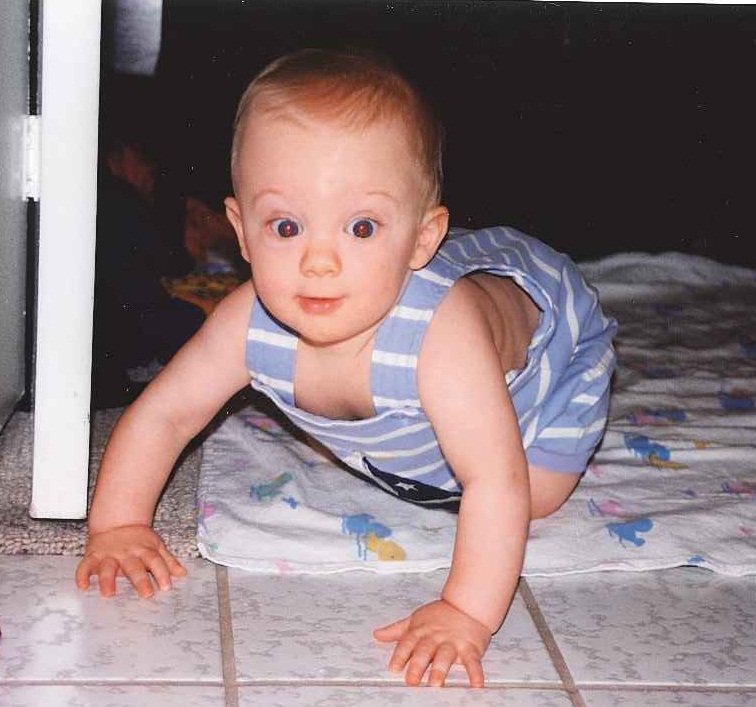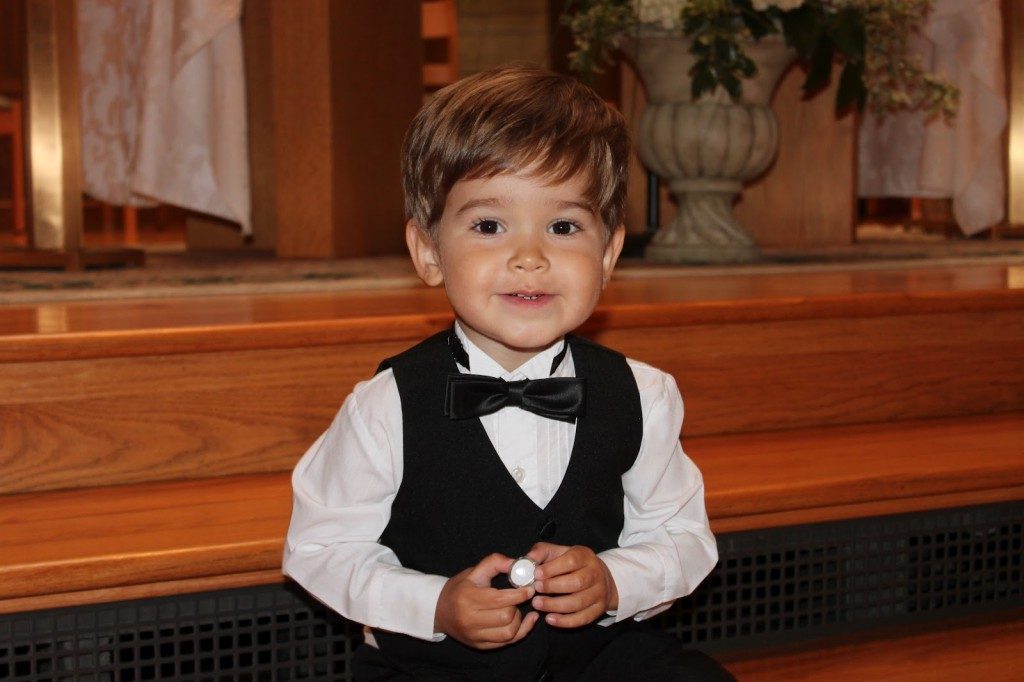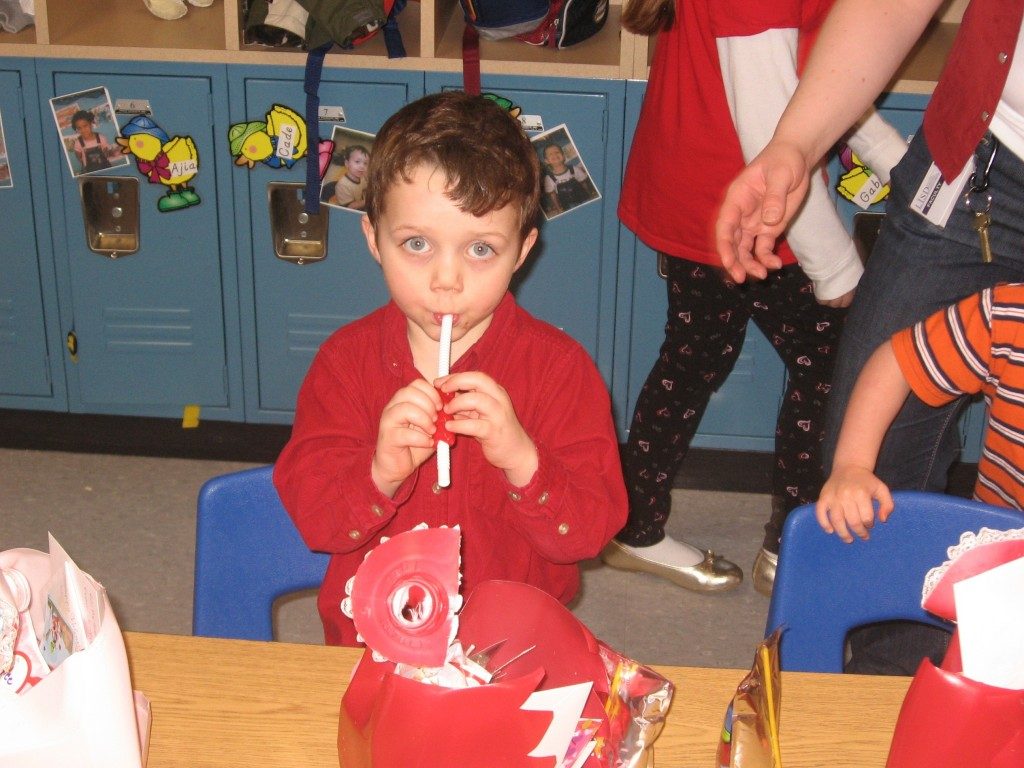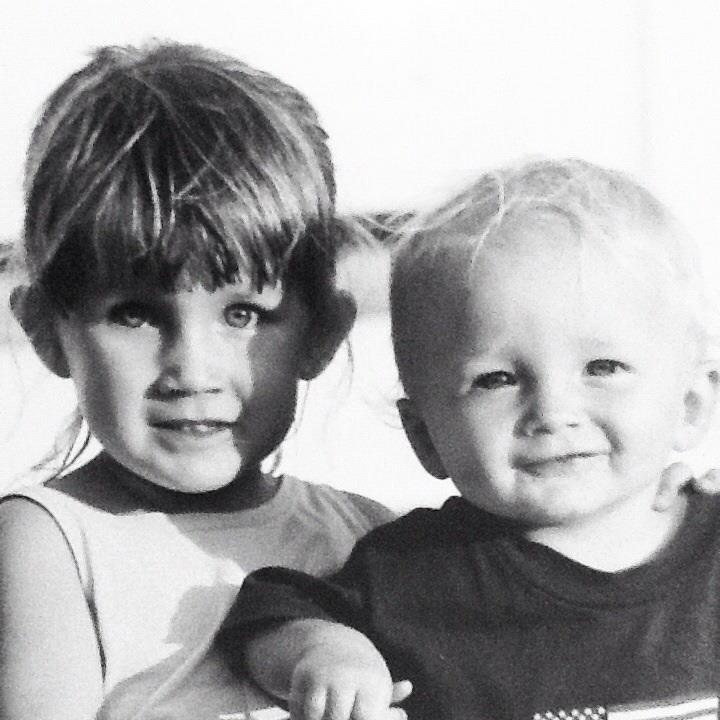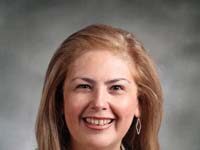Children are truly a source of joy and happiness in our lives. Their innocence and enthusiasm allows us to appreciate life and the present moment just as they do themselves. Radiating joy, a baby can lighten up any situation with something as simple as an uproarious laugh or a gentle coo. Not only does a baby quickly forgive, but he or she also has an unbounded love for all those around him or her, regardless of race, gender, or creed.
Although children always want to grow up and be adults as soon as they can, their
innocence and virtue is truly beautiful and something to be cherished while it lasts. Although the term “don’t be a baby” is often thrown around as an insult, there are many things that they do which we can take note of and imitate. From birth, when a baby is totally dependent, to moving out, when a grown man or woman achieves total independence, the development of a child is truly something to behold.
Aside from being teachers at Jesuit, many members of the excellent staff are also mothers and fathers, instructing their children just as they do with their students.
A chart, inadequate at representing the complexity of parenthood, serves only to tell facts, to give dates. The emotional dimension of the connection between parent and child can be seen in its purest form in new parents. The fact that they are also having a new experience in raising a child parallels the newness of life as a whole to a newborn.
Ms. Megan Klein, a first year chemistry teacher here at Jesuit, who gave birth to her first child in January, said “Being a new mother is amazing! It is the most demanding job, but also the most rewarding one. My heart swelled with joy and love when my daughter, Mary Kathleen, was born.” An indescribable experience, bringing a child into the world is the pinnacle of happiness.
Ms. Michelle Williams, who is in charge of iPads at Jesuit and a Calculus teacher, said that “[being a mother] is the most rewarding thing.” She went on to say that “it’s emotionally and physically draining. But it’s totally worth it!” This mentality of sacrifice and dedication is admirable as being a mother is often the hardest job anyone can take on. Not only are you caring for the most precious thing in your life, you are doing it around-the-clock. With every last cent spent, every passing second used, every bit of energy expended, these teacher-parents will do anything to make a child happy.
But being a parent at Jesuit hasn’t always been hugs and kisses. Just thirty short years ago, there was quite the stigma that surrounded mothers as teachers. The two simply did not seem to mix well together to school administrators at the time and teachers just did not have children and continue working. Ms. Sheryl Row and Ms. Jan Jones, both long-time teachers at Jesuit, approached this dilemma head-on with determination to both keep their jobs and be good mothers. As pioneers on this road, they did have to endure some hardship (no maternity leave, limited days to care for sick babies etc.) but they ultimately achieved this goal and paved the way for many Jesuit faculty mothers after.
Ms. Row said “[Ms. Jones and I] were really afraid that we would not be able to keep working” but that they “had to break that ground.” For the first time in the history of the school, not one but two teachers walked the halls clearly pregnant. Generally, this movement was well received. Jones said “I always had positive reactions with the students” but, nonetheless, she and Row “didn’t know what was going to happen” at first. They went to administration to make their case for continuing to teach while pregnant. Their daughters were born just three days apart and spent their childhoods together.
With such an outstanding group of wonderful mothers, it’s easy to overlook the fantastic fathers at Jesuit. While a father plays a markedly different role in a child’s life, they are by no means less important.
Mr. David Williams, a Sophomore Counselor, English teacher, and husband of Ms. Williams, spoke to the importance of dividing up the workload between parents, remarking that “communication is key.” He made it clear that to do well at work while providing his daughters with all the love and care they require means that he and his wife need to talk to each other and find the best solution to any conflicts that arise between work and their kids.
At the same time, he explained that he loved when the “worlds [of work and children] collide.” Being able to show his daughters what he does and show his students his most prized possessions, Mr. Williams commented that “Jesuit is a really good place with that family feel, both with the students and our daughters.”
Likewise, Mr. Casey Profitt, head of the social studies department, preached the same message as Mr. Williams, emphasizing the importance of working together with his wife. With as busy a schedule as teachers have, he simply said “my wife is just an angel,” and made it clear how essential it was for the two of them to divvy up the workload.
Furthermore, he talked about the basic joys of being a father, how he loved “to go to [his son’s] soccer games” and “to build Legos with them.” Mr. Profitt also explained that “it’s like you get a second childhood” getting to watch and participate in his two sons’ growth and maturation. He also said that they “bring a lot of joy and are a lot of fun” even though “they’re a lot of work.”
The moments with children are ones to cherish for life. Ms. Row said it best when she commented that “you can never have that time [with your children] again,” stressing the value of each second with one’s children. This truth allows us to appreciate each moment, just as small children do and count each and every blessing we have.



